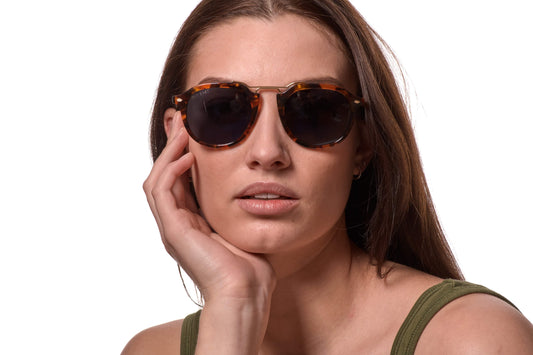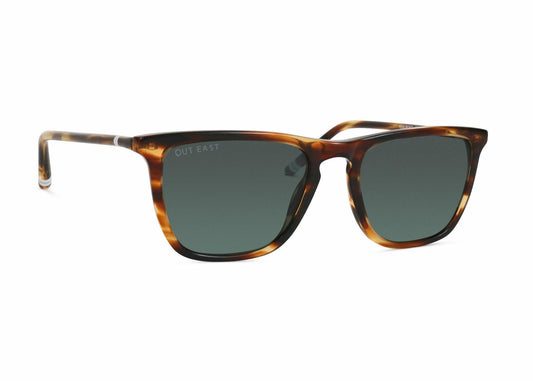


Polarized Lenses
When buying new sunglasses, people commonly ask the same question: Do I really need polarized lenses?
The answer is YES, the sole purpose of sunglasses is to block out harmful UV rays, each time we expose our eyes to sunlight, they become more sensitive.
Ask yourself this questions… “Why do I wear sunglasses?”. You’re probably going to answer with something along the lines of wanting to see more clearly? Or, to block out the sun?
If you answered anything similar to the above, then you need polarized lenses. Why? Because, when we wear non-polarized lenses we’re straining our eyes by the constant barrage of reflected light which is annoying and potentially dangerous. Each time we expose our eyes to sunlight, they become more sensitive. So why opt for non-polarized lenses?
Plus, there are many more benefits to wearing polarized lenses, other than reducing eye strain and improving vision by blocking excess glare. For some people polarized lenses help reduce or eradicate headaches!
So anyone that wants a heightened level of eye protection, a better visual experience, especially when in bright conditions, outdoors or near water - Polarized lenses are a must! They’re specially designed to reduce glare. Just as we put on sunscreen to protect our skin, it’s critical that we protect our eyes from damaging UV rays too.
How do polarized lenses work?
Sunlight disperses in all directions. But when it hits flat surfaces, the light that is reflected by the surfaces tends to become polarized — meaning the reflected light beams travel in a more uniform (usually horizontal) direction. This creates an annoying and sometimes dangerous intensity of light that causes glare and reduces visibility.
Therefore, polarized lenses are designed with a special chemical applied to them to filter and block the intensity of the light. The chemical’s molecules in the lenses are lined up specifically to block some of the light from passing through the lens, reducing glare and discomfort.
We now know that polarized lenses provide superior glare protection — especially on the water. But note that they do not block out all light waves because then you would not be able to see through them.

What about the Quality of the lenses?
Quality in a polarized lens starts with the quality of the lens material. The highest quality lenses are optical-grade and they’re predominately made out of CR39.
Of course, here at Out East we chose only the best quality polarized lenses, CR39. Our polarized lenses use a higher quality polarized film that's sandwiched between the two lenses so that the film is perfectly aligned in the worn position. (This is a much clearer lens than polycarbonate). We also use a backside anti-reflective coating on the inside of the lens that absorbs light that enters from the back of the lens and stops this light from reflecting back into your eye.




